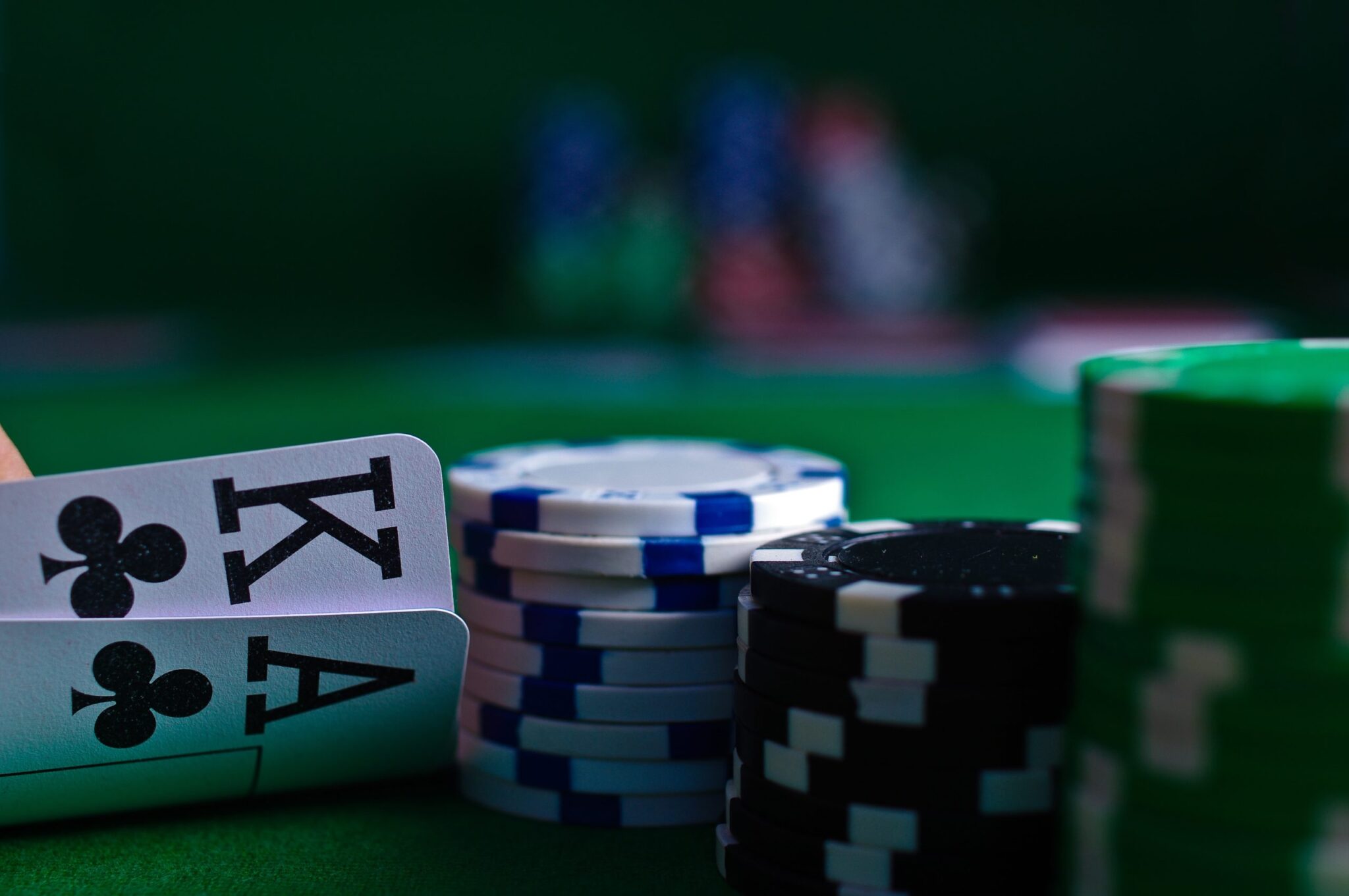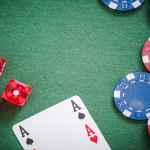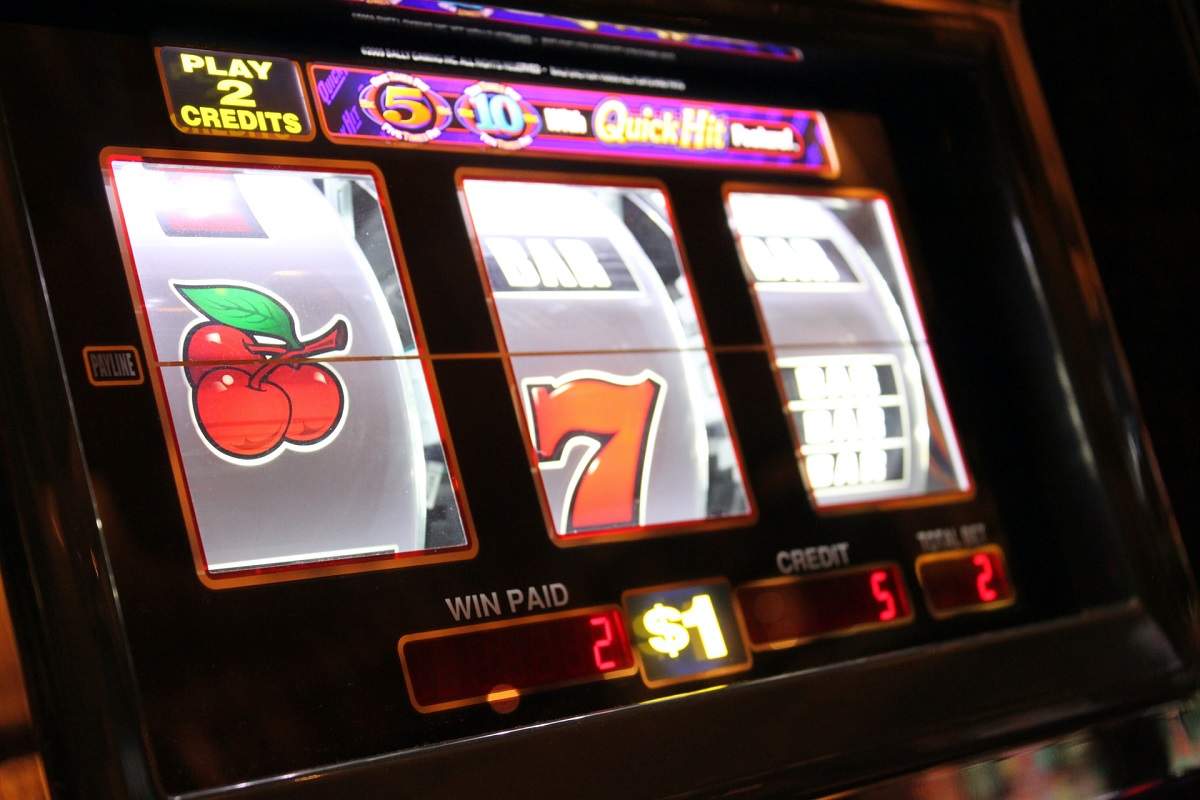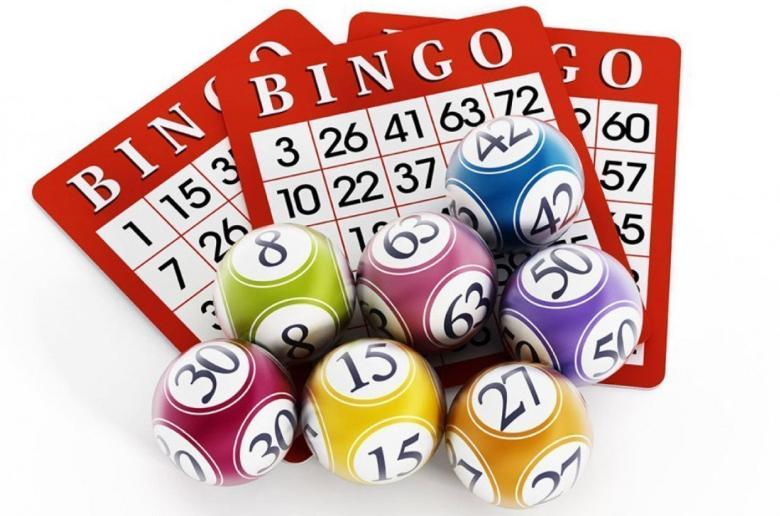Introduction
What Does 2 Units Mean In Gambling: In gambling, the term “2 units” refers to a specific measurement used to represent the size or value of a wager relative to a player’s overall bankroll. A unit is a standardized unit of measurement that helps gamblers manage their bets and maintain consistency in their betting strategies. When someone refers to “2 units,” they are indicating that the wager they are making is twice the size of their standard unit.
The actual monetary value of a unit can vary depending on an individual’s bankroll and risk tolerance. For example, if a bettor’s standard unit size is $10, then 2 units would represent a $20 wager. The use of units allows for a more standardized approach to betting, enabling players to keep track of their bets, evaluate their performance, and manage their bankrolls effectively.
By utilizing units, gamblers play can apply a consistent and systematic approach to their betting activities, reducing the risk of impulsive or emotionally driven decisions. It helps ensure that bets are proportionate to a player’s bankroll and risk appetite, promoting responsible gambling practices.
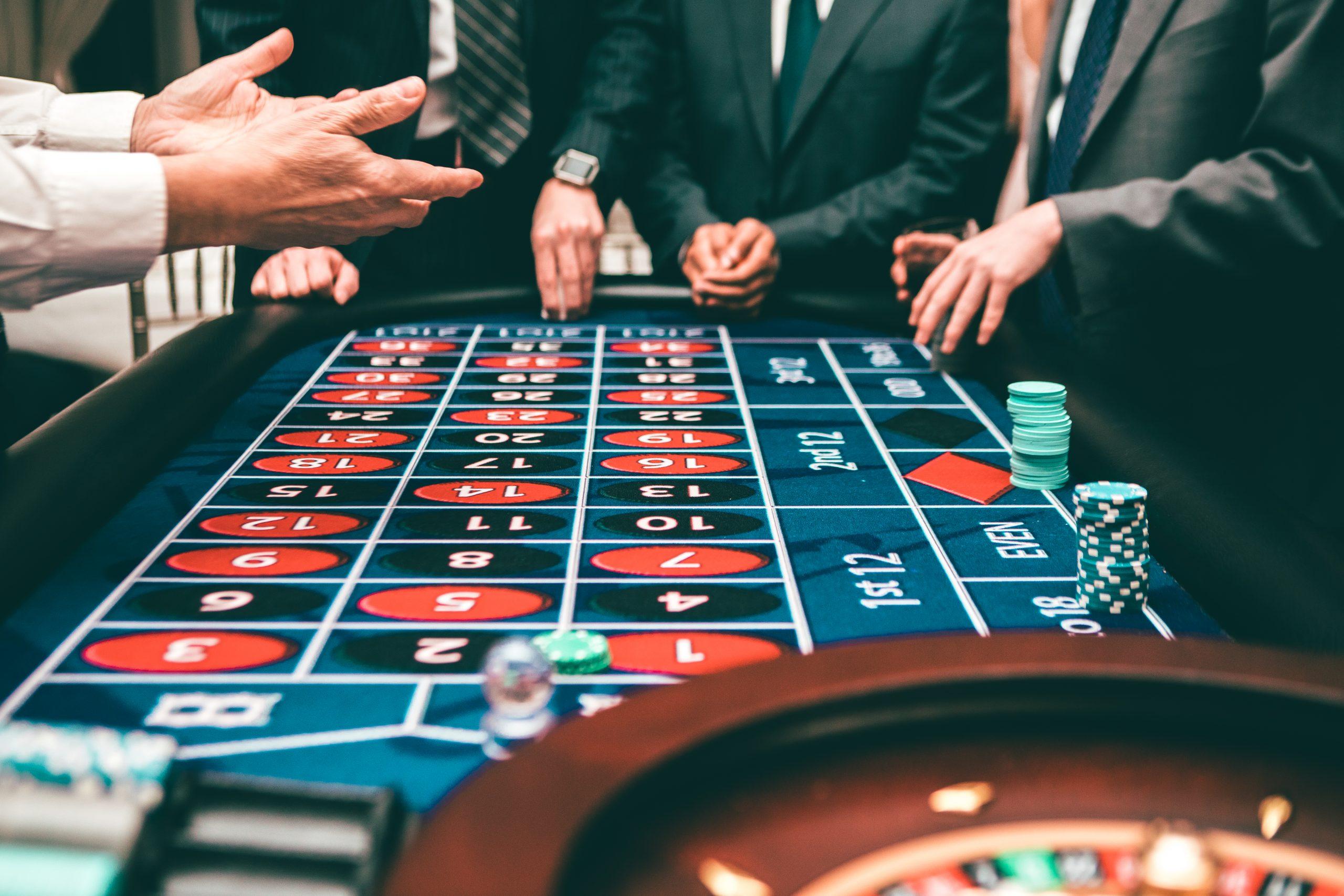
What do units mean in gambling?
A unit is a way to measure the standard bet that a sports bettor will make on any given wager. Depending on the sports bettor and their specific bankroll, a unit could be $10 or $100.
In gambling, the term “units” typically refers to a standardized measurement used to track and manage bets. It is a way to quantify the size or value of a wager relative to a player’s overall bankroll.
The concept of units is commonly employed in bankroll management strategies to help gamblers control their risk and maintain discipline when placing bets. Instead of using specific monetary amounts, units provide a relative scale to determine the size of a bet based on a player’s bankroll.
For example, if a bettor decides that one unit represents 1% of their total bankroll, they would use this unit size consistently for all their bets. So, if their bankroll is $1,000, one unit would be equal to $10 (1% of $1,000). If they were more conservative, they might choose a smaller unit size, like 0.5% or 0.1% of their bankroll.
Using units allows players to have a standardized approach to betting, regardless of the specific amount of money they have at any given time. It helps them avoid making impulsive or emotionally driven bets that could jeopardize their bankroll.
By tracking bets in units, players can evaluate their performance over time, analyze their profitability, and adjust their betting strategies accordingly. It provides a way to measure and compare results without being overly focused on the actual monetary value of each bet.
How do you calculate unit size in gambling?
To determine how much to bet on each game, take your starting bankroll amount and divide it into equal units. Once you decide this number it becomes your unit size. This is the amount of money you are betting on every game. A good recommendation is risking between 1% to 5% of your bankroll per bet.
Calculating the appropriate unit size in gambling requires considering several factors, including your bankroll, risk tolerance, and betting strategy. Here’s a general approach to determining unit size:
1. Assess your bankroll: Start by evaluating the total amount of money you have dedicated to gambling. This should be an amount you are comfortable with potentially losing. Let’s say your bankroll is $1,000.
2. Determine your risk tolerance: Consider how much risk you are willing to take with each bet. Risk tolerance varies from person to person and can depend on factors such as your overall financial situation, your confidence in your betting strategy, and your emotional response to losing. A common guideline is to risk between 1% and 5% of your bankroll per bet, with 2% being a commonly recommended figure. For this example, let’s assume you choose to risk 2% of your bankroll per bet.
3. Calculate your unit size: Multiply your bankroll by your chosen risk percentage to determine your unit size. In this case, 2% of $1,000 is $20. Therefore, each unit will be $20.
4. Implement consistent unit size: Once you have determined your unit size, use it consistently for all your bets. This approach helps you maintain discipline and manage your bankroll effectively.
It’s worth noting that the suggested risk percentages and unit sizes can vary depending on individual circumstances and preferences. Some bettors may be more conservative and choose smaller unit sizes, while others may be more aggressive and opt for larger unit sizes. The key is to find a unit size that aligns with your risk tolerance and betting strategy while allowing for proper bankroll management.
What is a unit size for professional gamblers?
Most professional-level sports bettors wager around one to two percent of their beginning bankroll per bet. This is called a unit. The maximum unit (bet size) should not exceed two percent of your bankroll.
The unit size for professional gamblers can vary widely depending on individual circumstances, betting expertise, and the specific type of gambling they engage in. There isn’t a one-size-fits-all answer, as professional gamblers have different risk tolerances, bankroll sizes, and strategies.
However, professional gamblers generally follow the principles of bankroll management and adjust their unit size accordingly. They aim to strike a balance between maximizing potential profits and minimizing the risk of ruin.
While there is no standard unit size for professionals, a common guideline is to risk between 1% and 5% of their bankroll per bet, with 2% being a commonly recommended figure. This means that if a professional gambler has a bankroll of $100,000, they may use $2,000 as their unit size.
It’s important to note that professional gamblers often have larger bankrolls compared to recreational bettors, as their livelihood depends on their gambling success. They also conduct thorough research, have a deep understanding of the games or sports they bet on, and often utilize advanced strategies or models to gain an edge.
Ultimately, the unit size for professional gamblers is a personal decision based on their individual circumstances, expertise, and risk management strategy. They carefully consider their bankroll, risk tolerance, and betting opportunities to determine the optimal unit size that aligns with their goals and financial stability.
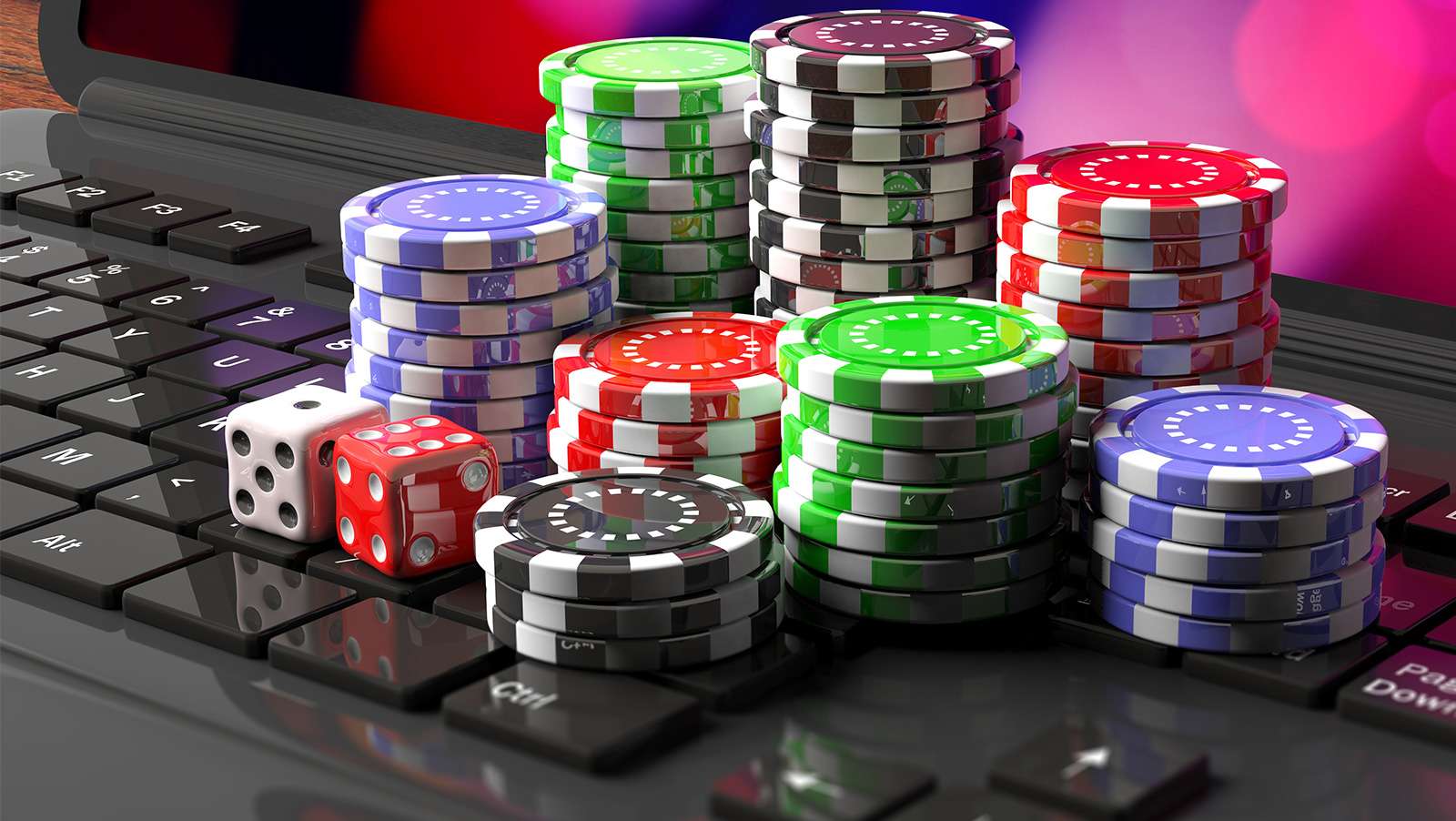
What is the scale of gambling?
Score of 0: Non-problem gambling. Score of 1 or 2: Low level of problems with few or no identified negative consequences. Score of 3 to 7: Moderate level of problems leading to some negative consequences. Score of 8 or more: Problem gambling with negative consequences and a possible loss of control.
The scale of gambling can refer to different aspects of the gambling industry. Here are a few interpretations of the term:
1. Financial scale: Gambling is a multi-billion dollar industry worldwide. The financial scale of gambling encompasses the total amount of money wagered and the revenues generated by various forms of gambling, including casinos, lotteries, sports betting, online gambling, and more. The scale can be measured in terms of annual gross gambling revenue, market size, or the overall economic impact of the industry.
2. Operational scale: The operational scale of gambling refers to the size and scope of gambling establishments or platforms. This includes the number of casinos, the square footage of gaming floors, the variety of games or betting options available, and the volume of customers served. Large-scale gambling operations may feature extensive facilities, multiple gaming areas, hotels, entertainment venues, and other amenities to attract and accommodate a significant number of visitors.
3. Regulatory scale: The scale of gambling also encompasses the regulatory framework surrounding the industry. This includes the number of jurisdictions or countries that have legalized gambling, the extent of regulatory oversight, and the complexity of the rules and regulations that govern the industry. The regulatory scale can vary from country to country, with some having highly regulated gambling markets while others have more permissive or restricted frameworks.
4. Social scale: The social scale of gambling refers to the prevalence and impact of gambling on society. This can include factors such as the number of people who participate in gambling activities, the prevalence of problem gambling or gambling addiction, the social and economic consequences of gambling, and the efforts made by governments and organizations to promote responsible gambling practices and provide support for individuals affected by gambling-related issues.
Overall, the scale of gambling encompasses various dimensions, including financial, operational, regulatory, and social aspects. It reflects the size, impact, and complexity of the gambling industry as a whole.
What is the number 1 rule of gambling?
Never Place Expensive Bets
In layman’s terms, “never gamble with money you can’t afford to lose” – you never want to be in debt because of any issue related to gambling. This is the first rule for gamblers to have a good sense of money management.
The number one rule of gambling can be subjective and may vary depending on individual perspectives. However, a widely recognized principle is to gamble responsibly. Here’s an expanded explanation:
1. Gamble responsibly: The primary rule is to approach gambling with responsibility and moderation. This includes setting limits on the time and money you spend on gambling activities, as well as understanding the potential risks involved.
2. Set a budget: Establish a gambling budget that is separate from your essential expenses and other financial obligations. Only use disposable income that you can afford to lose without negatively impacting your daily life or causing financial distress.
3. Know the odds and rules: Educate yourself about the games or forms of gambling you participate in. Understand the odds, probabilities, and rules associated with the specific activities you engage in.
4. Control emotions and avoid chasing losses: Maintain emotional discipline while gambling. Avoid letting emotions, such as frustration or excitement, cloud your judgment. If you experience losses, resist the temptation to chase those losses by increasing your bets or continuing to gamble recklessly. Accept that losses are part of the gambling experience and know when to walk away.
5. Take breaks and set limits: Take regular breaks from gambling to ensure it does not consume a disproportionate amount of your time and attention. Additionally, establish limits on the duration of your gambling sessions to prevent excessive or compulsive behavior.
What does “2 units” represent in gambling?
“2 units” in gambling represents a wager that is twice the size of the standard unit used for betting. It indicates a larger bet relative to a player’s bankroll, with the exact monetary value of a unit varying depending on the individual’s chosen unit size. By doubling the unit size to 2 units, gamblers are indicating a higher stake in their wager. This concept of units helps players manage their bets, maintain consistency, and practice responsible gambling by ensuring that their wager sizes align with their overall bankroll and risk tolerance.
In gambling, “2 units” refers to a specific measurement used to determine the size of a bet relative to a player’s bankroll. It represents a wager that is twice the amount of their standard unit. The actual monetary value of a unit can vary from person to person, but doubling it to 2 units indicates an increased stake in a particular bet. The use of units allows gamblers to have a standardized approach to betting, ensuring that their wagers are proportional to their overall bankroll. By adhering to this system, players can manage their risk, track their betting performance, and maintain consistency in their betting strategies. The concept of units in gambling helps promote responsible bankroll management and assists in making informed and measured betting decisions.
How does the concept of units relate to betting in gambling?
The concept of units in gambling is closely tied to bankroll management and risk control. Units provide a standardized measurement to determine the size of bets relative to a player’s bankroll. By establishing a unit size, gamblers can allocate their bankroll appropriately and maintain consistency in their betting strategies.
The relationship between units and betting is as follows:
1. Consistency: Using units ensures that the size of bets remains consistent regardless of the specific monetary value. It allows players to compare and evaluate their betting performance accurately over time.
2. Bankroll management: Units help gamblers manage their bankrolls effectively. By setting a unit size based on a percentage of their total bankroll, they can control their risk and avoid excessive losses. This approach prevents them from wagering too much on a single bet and potentially depleting their bankroll.
3. Risk control: Units enable players to gauge and control their exposure to risk. By assigning a specific unit size, they can determine the appropriate amount to wager based on their risk tolerance. This helps prevent impulsive or emotionally driven bets that could lead to significant losses.
Overall, the concept of units ensures discipline, consistency, and responsible betting practices. It allows gamblers to make informed decisions, manage their bankrolls effectively, and control their risk exposure while engaging in gambling activities.
What is the significance of doubling the unit size to 2 units in gambling?
Doubling the unit size to 2 units in gambling signifies a higher level of confidence or conviction in a particular bet. It indicates an increased stake or wager relative to the standard unit size. The significance of doubling the unit size to 2 units can vary depending on the individual’s betting strategy and risk appetite. Here are a few possible implications:
1. Increased risk: By doubling the unit size to 2 units, a player is accepting a higher level of risk. This suggests they have a stronger belief in the outcome of the bet and are willing to commit more of their bankroll to it.
2. Capitalizing on opportunities: Doubling the unit size may signal that a player has identified what they perceive to be a particularly favorable betting opportunity. They may have identified an edge or an advantageous situation where they believe the potential rewards justify the increased risk.
3. Confidence in selection: Increasing the unit size to 2 units can reflect a higher level of confidence in the chosen bet. The bettor may have conducted thorough research, analysis, or handicapping and believes the bet has a greater likelihood of being successful.
4. Adjusting betting strategy: Doubling the unit size may be part of a specific betting strategy. Some systems or strategies recommend increasing the bet size after a win or a series of wins, aiming to capitalize on positive momentum.
It is important to note that doubling the unit size does not guarantee success, and there is always the potential for losses. Proper bankroll management, risk assessment, and maintaining discipline are essential factors to consider when adjusting the unit size or taking on increased risk in gambling.
Conclusion
When we refer to “2 units” in gambling, it signifies a wager that is double the size of the standard unit used for betting. The concept of units is vital in managing bankrolls, maintaining consistency, and practicing responsible gambling.
By employing units, gamblers establish a standardized measurement for their bets that is proportional to their overall bankroll and risk tolerance. Whether a unit represents $1, $10, or any other value, doubling it to 2 units signifies a larger wager. This approach helps individuals maintain discipline, make informed betting decisions, and avoid impulsive behavior.
Understanding the meaning of 2 units in gambling allows players to apply proper bankroll management strategies. It enables them to set budgets, assess risk, and control the size of their bets based on their predetermined unit size. By adhering to this principle, gamblers can balance the thrill of gambling bet with responsible practices, ensuring that their financial stability and enjoyment of the activity are preserved.
Remember, responsible gambling involves using units as a tool to guide your betting decisions and ensuring that wagers are made within your means.


